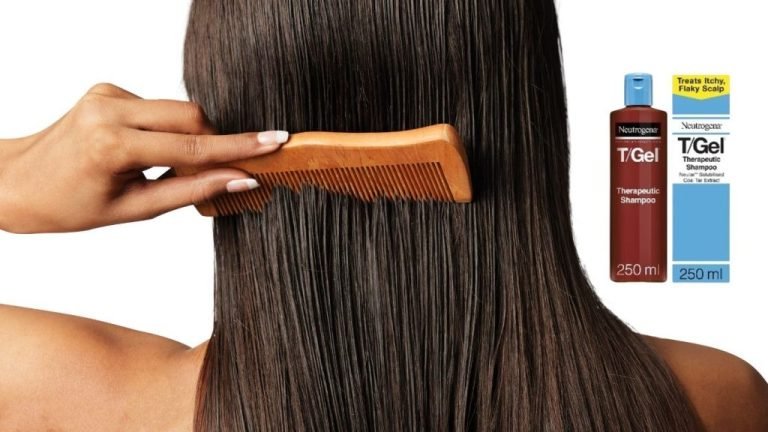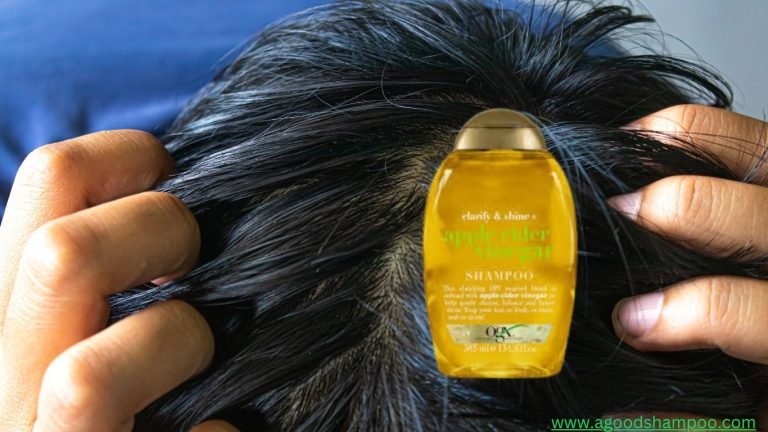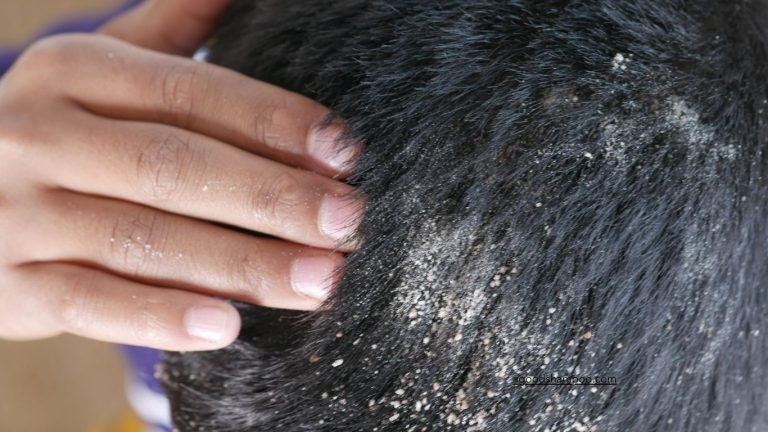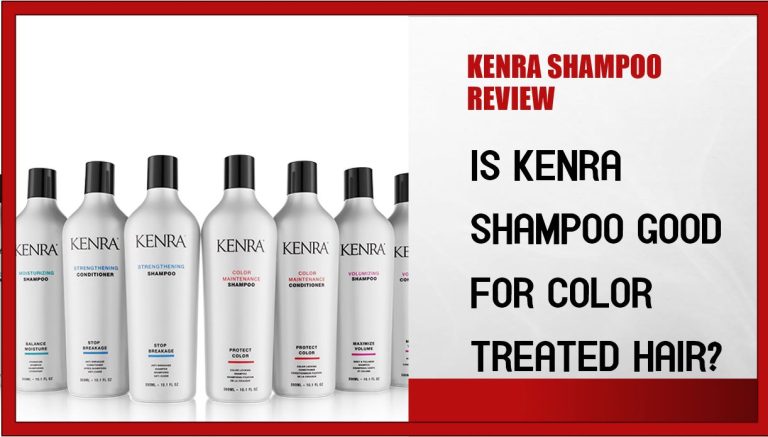Does Shampoo Make Good Lube? Risks, Alternatives & Advice
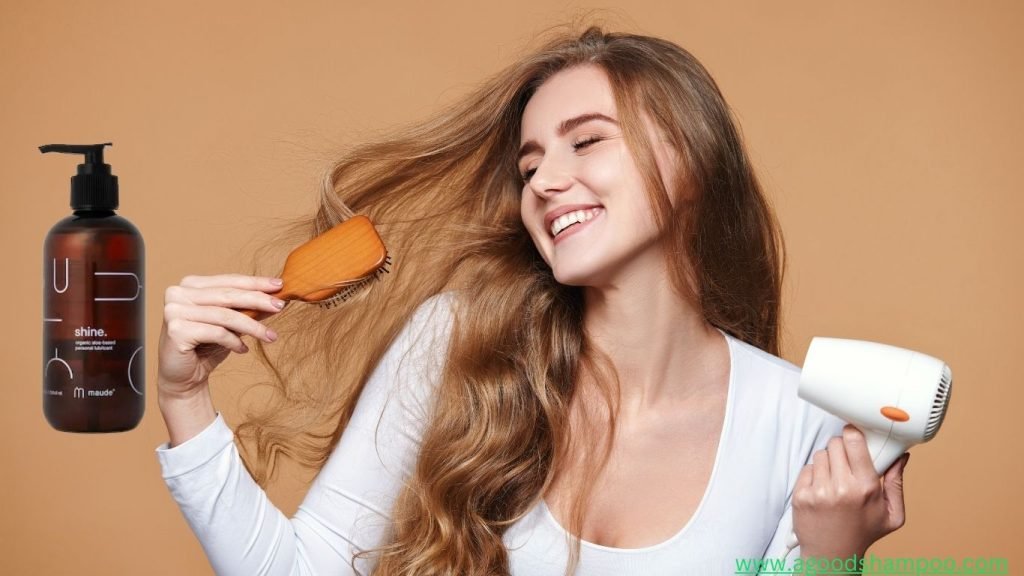
When it comes to personal care products, we often find ourselves asking unconventional questions, like “Does shampoo make good lube?” It’s a fair question—especially if you’ve run out of a proper lubricant. While it might seem like a quick fix, it’s essential to dig deeper into the suitability, safety, and alternatives available before making any decisions. This guide will help you navigate these waters with care and clarity.
Why People Consider Shampoo as Lube
Let’s face it: shampoo is a household staple, always within arm’s reach in the shower. Its slippery texture might seem like it could double as a lubricant. However, what feels convenient in the moment could lead to unexpected consequences. Most shampoos are formulated to cleanse the scalp, which means they contain chemicals designed to remove oils and dirt. While these ingredients work wonders on your hair, they may not be as friendly to sensitive areas of your body.
Can We Use Shampoo as Lube?
The short answer is no, shampoo should not be used as lube. Here’s why:
- Irritation Risk: Shampoos often contain sulfates, fragrances, and other irritants. These can cause discomfort, dryness, or even a burning sensation when used on sensitive areas.
- pH Imbalance: Your skin, especially in intimate areas, has a specific pH level that keeps it healthy. Shampoo can disrupt this balance, leading to infections or irritation.
- Drying Effects: Many shampoos are designed to remove oils, which can result in dryness—a problem when lubrication is the goal.
Can Conditioner Be Used as Lube?
If shampoo is a no-go, you might wonder, “Can conditioner be used as lube?” Conditioners are often marketed as moisturizing and smooth, making them seem like a viable alternative. However, conditioner as lube is also not recommended for the following reasons:
- Ingredients: Conditioners can contain silicones, preservatives, and fragrances that might irritate delicate skin.
- Stickiness: While initially slippery, many conditioners leave a residue that can be uncomfortable.
- Infection Risks: Some conditioners may include ingredients that upset the natural flora, leading to infections.
What About Body Wash or Soap?
Another common question is, “Can I use body wash as lube?” or “Can soap be used as lube?” Like shampoo, these products are designed to cleanse, not to lubricate. Using them as lube can:
- Cause stinging or burning, especially if you have any minor cuts or abrasions.
- Lead to excessive dryness, as most body washes and soaps strip away natural oils.
- Increase the risk of skin irritation and infections due to harsh chemicals.
Does Water-Based Lube Work in the Shower?
For those seeking lubrication in the shower, water-based lubes might seem like an ideal solution. Unfortunately, water-based lubes don’t work well in water environments like showers, hot tubs, or pools. The water washes them away almost immediately, making them ineffective for use in these settings. Instead, consider silicone-based lubricants, which are waterproof and provide long-lasting slipperiness.
Fairy Liquid or Dish Soap as Lube: A Dangerous Idea
Some people might jokingly (or seriously) wonder, “Can I use Fairy Liquid as lube?” Let’s be clear—dish soap should never be used as lube. Dishwashing liquids are highly concentrated cleaning agents designed to cut through grease and grime. Using them on your skin, especially in sensitive areas, can result in severe irritation, dryness, and even chemical burns.
Micellar Water as Lube: A Myth Busted
Micellar water is popular for its gentle cleansing properties, but the question arises, “Can micellar water be used as lube?” While micellar water is less harsh than shampoo or soap, it’s still not designed for lubrication. It lacks the viscosity and ingredients necessary to reduce friction effectively, making it unsuitable and unsafe as a lubricant.
What Is Safe to Use as Lube?
Now that we’ve ruled out shampoo, conditioner, and other household items, let’s focus on safe and effective alternatives:
- Water-Based Lubes: Ideal for most situations, water-based lubes are gentle, easy to clean, and compatible with condoms and toys.
- Silicone-Based Lubes: Long-lasting and waterproof, these are excellent for use in the shower or water.
- Natural Oils: Coconut oil and olive oil can work in a pinch, but they’re not safe with latex condoms.
- Specialized Products: Products specifically designed for intimate use are always the safest choice.
Can a Shower Be Used as Lube?
A common misconception is that water from a shower can act as a lubricant. While it might feel slippery initially, water alone quickly evaporates and increases friction, which can cause discomfort. If you plan on engaging in activities in the shower, a silicone-based lube is your best bet for maintaining smoothness and comfort.
| Product | Purpose | Texture | pH Compatibility | Safe for Intimate Use | Notes |
|---|---|---|---|---|---|
| Water-Based Lube | Intimacy & Toys | Smooth, Light | Yes | Yes | Easy to clean, compatible with condoms, and widely available. |
| Silicone-Based Lube | Waterproof Activities | Long-Lasting, Slippery | Yes | Yes | Ideal for use in water; not compatible with silicone toys. |
| Coconut Oil | Natural Moisturizer | Oily, Slick | Neutral | Yes (Non-Latex Condoms) | Excellent natural option; avoid with latex condoms to prevent damage. |
| Olive Oil | Natural Moisturizer | Oily, Dense | Neutral | Yes (Non-Latex Condoms) | Similar to coconut oil but heavier; may stain fabrics. |
| Shampoo | Hair Cleansing | Foamy, Slippery | No | No | Contains irritants; not designed for sensitive skin or lubrication. |
| Conditioner | Hair Smoothing | Creamy, Slippery | No | No | May leave residue; contains preservatives and fragrances. |
| Body Wash | Skin Cleansing | Gel-Like, Slippery | No | No | Can cause dryness and irritation in intimate areas. |
| Dish Soap | Cleaning Dishes | Foamy, Harsh | No | No | Highly concentrated; can lead to severe irritation or burns. |
| Micellar Water | Skin Cleansing | Light, Watery | No | No | Lacks sufficient viscosity for lubrication; not formulated for this use. |
| Aloe Vera Gel | Skin Soothing | Cooling, Slippery | Yes | Yes (Check Additives) | Ensure no added alcohol or chemicals that may irritate sensitive skin. |
| Petroleum Jelly | Skin Barrier | Thick, Greasy | Neutral | No | Long-lasting but incompatible with latex condoms and hard to clean. |
Improvising with household products like shampoo, conditioner, or body wash might seem convenient, but the risks far outweigh the benefits. Using the wrong products can lead to irritation, infections, and even long-term health issues. It’s always better to invest in a product designed for lubrication rather than risk discomfort or harm.

Carolina Herrera: Cosmetics specialist & Hair Analyst. Specializing in hair treatments, Carolina provides thorough reviews and advice on choosing the best products for damaged or treated hair.


